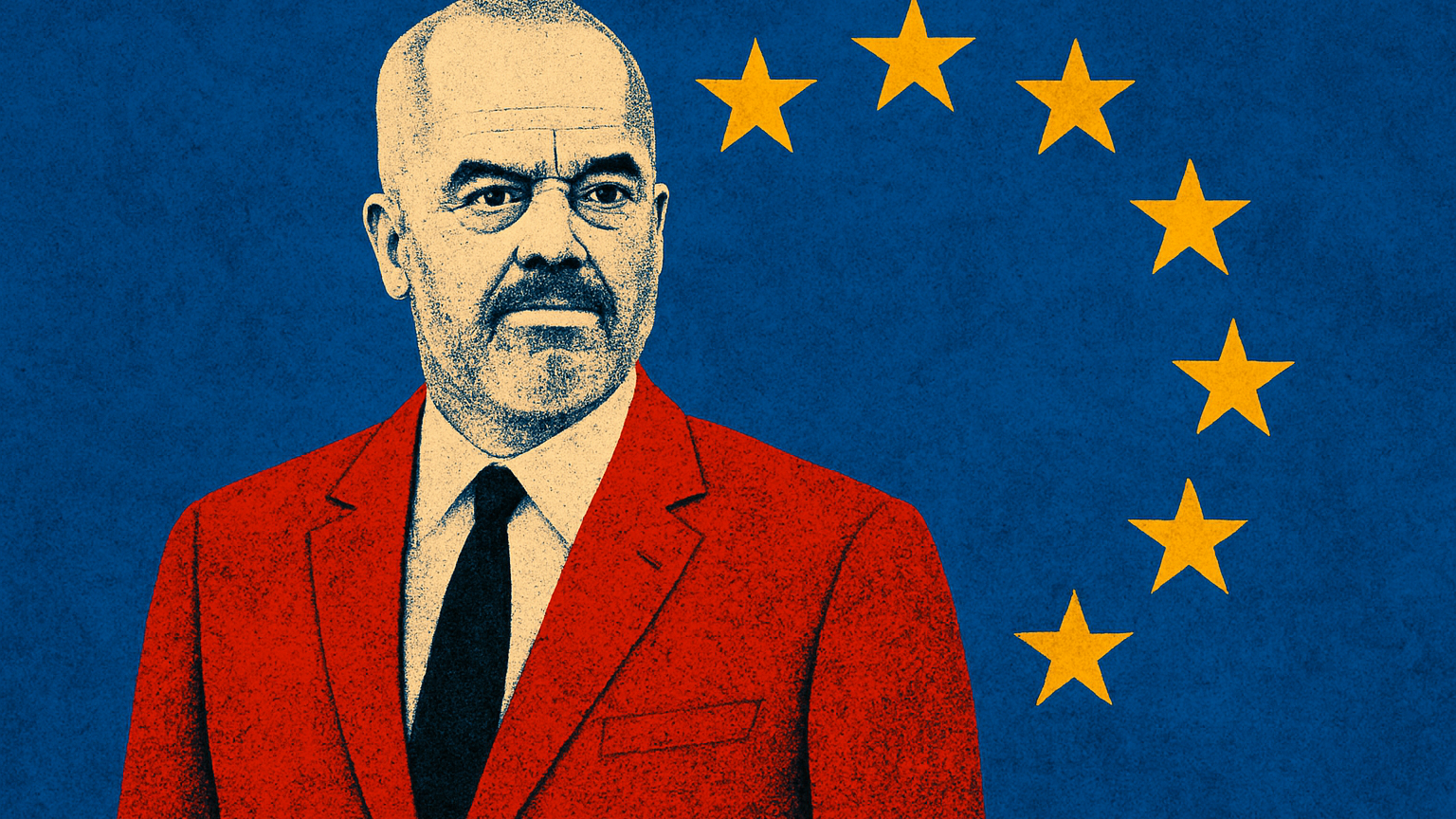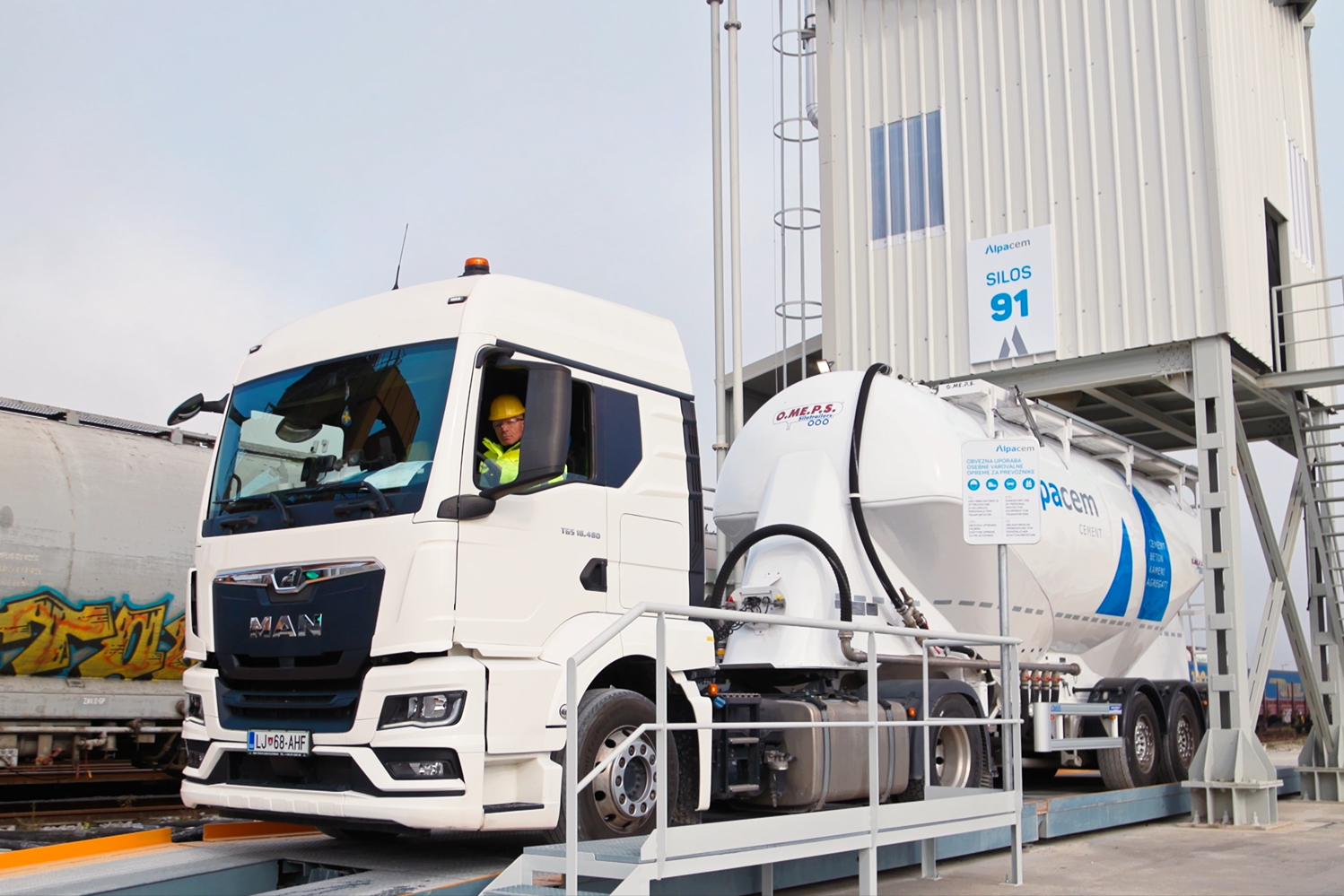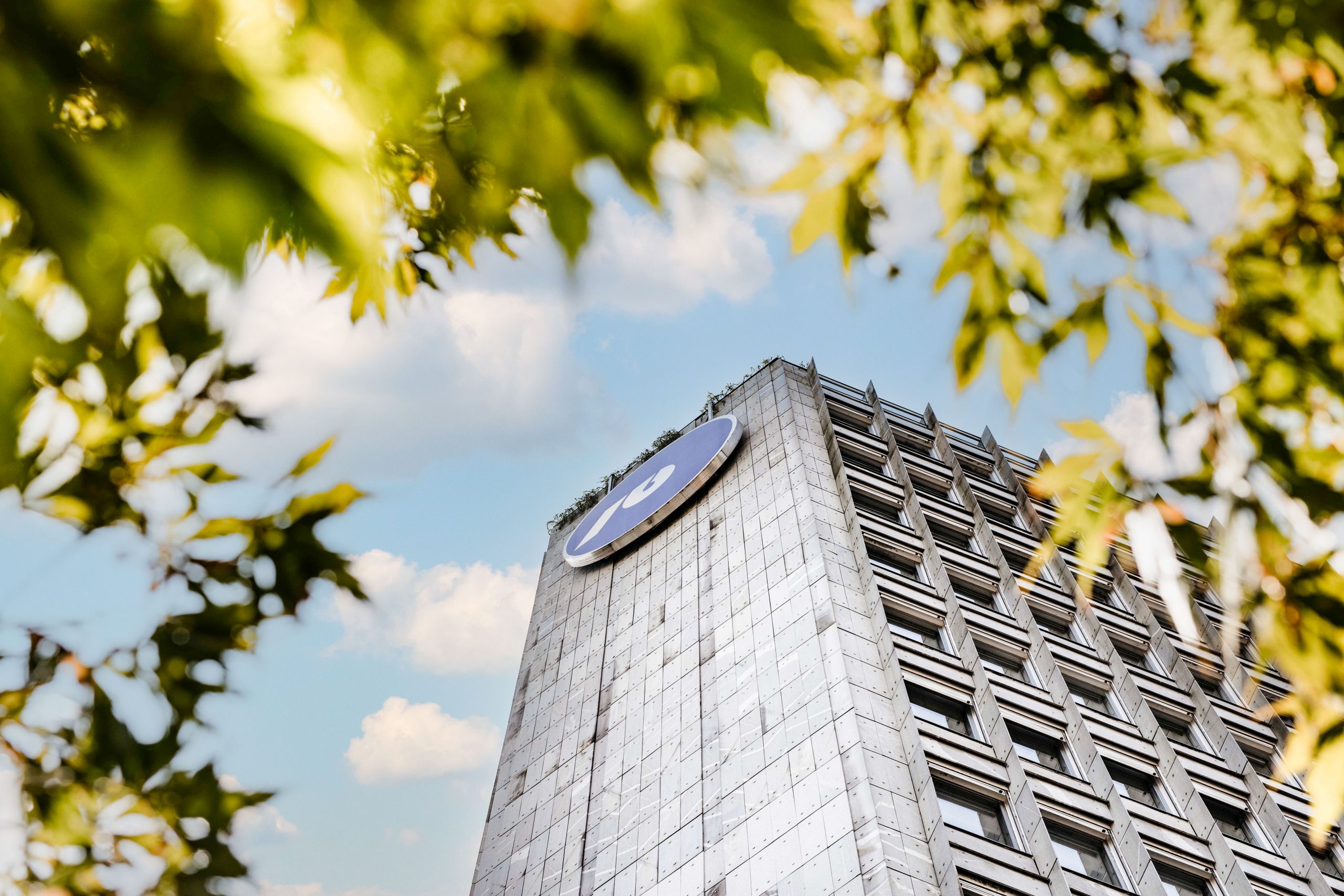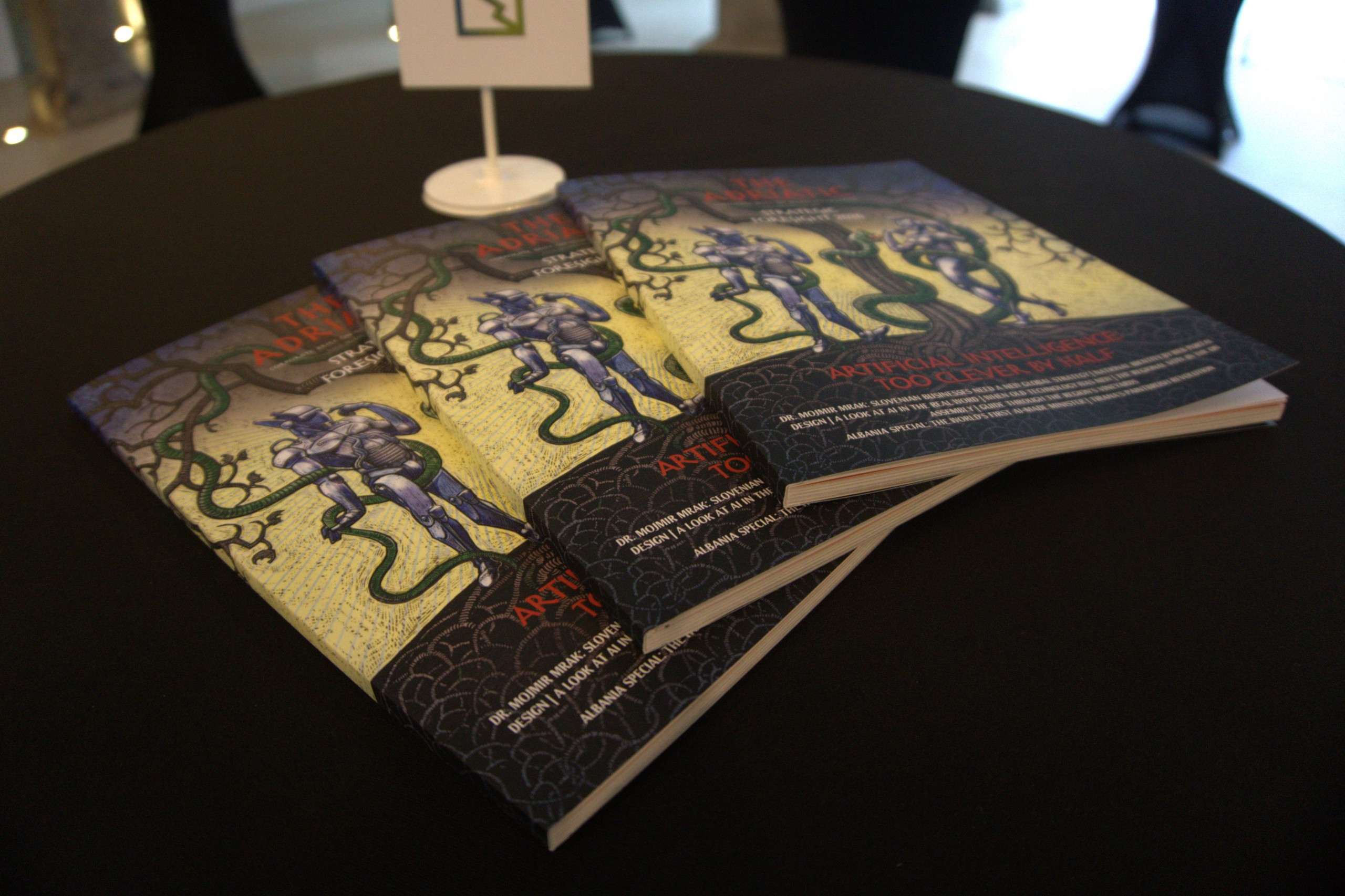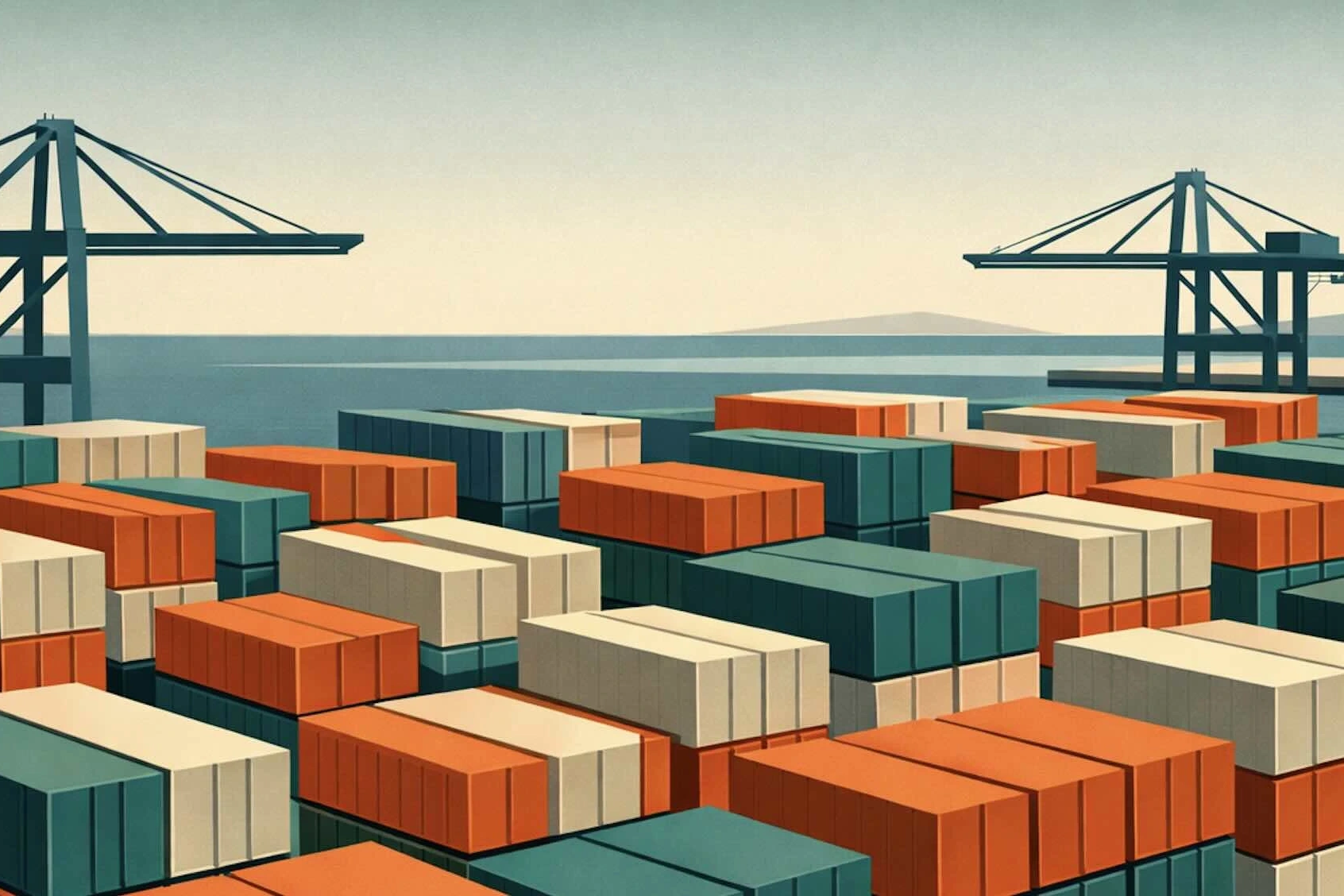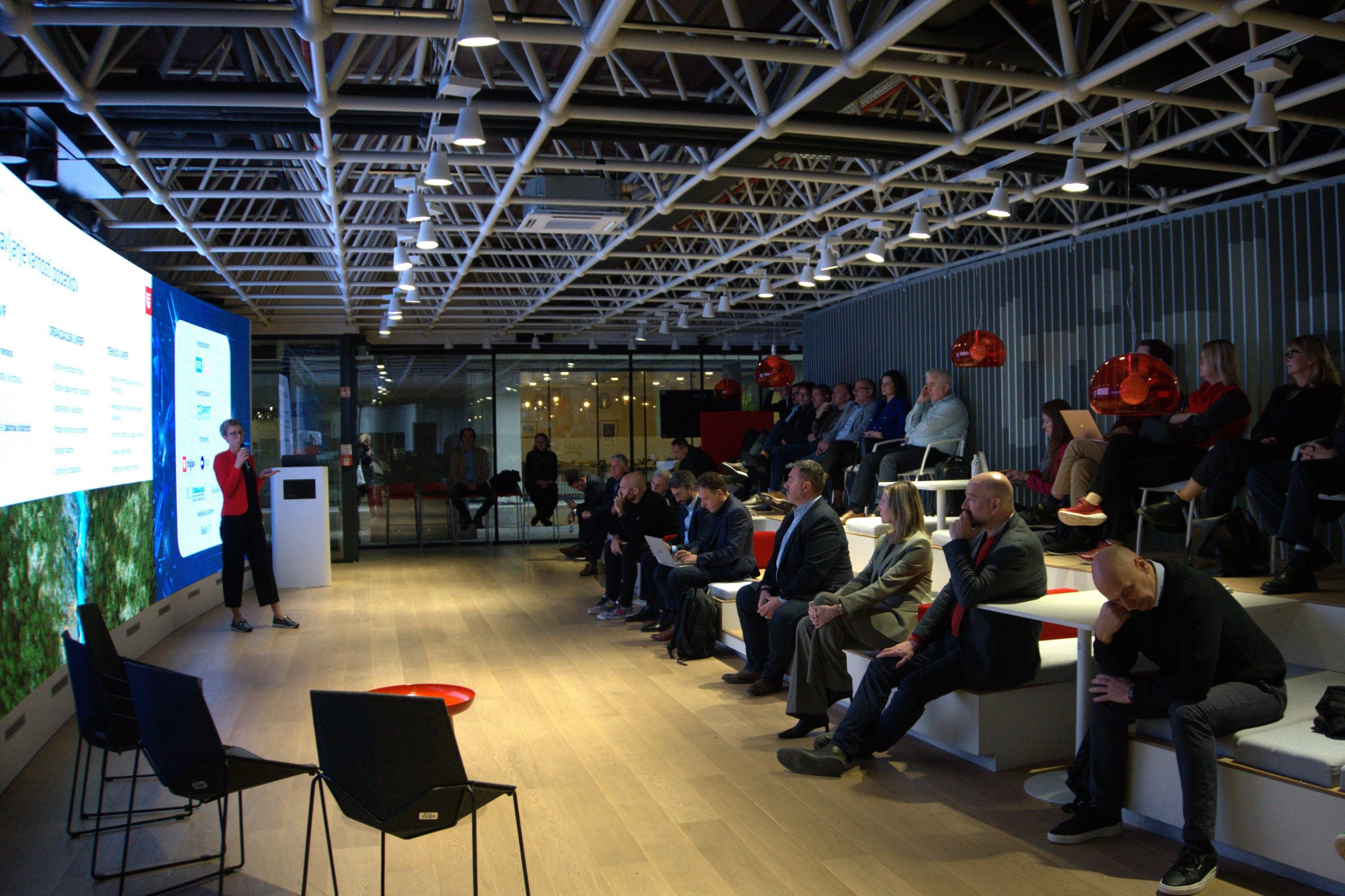The long march to Europe
Albania’s ruling Socialist Party has secured a fourth consecutive term for Prime Minister Edi Rama, extending his reign as the longest-serving leader of the country’s post-communist era. Voters chose continuity and a European dream over an opposition marred by infighting and scandal.
The Adriatic Team
The Socialist Party (PS) remains the dominant force in Albania’s politics. Winning 52% of the vote and securing 82 seats in the 140-seat parliament, premier Edi Rama now enters his fourth consecutive term as prime minister – the longest-serving democratic leader since the fall of communism in the early 1990s.
The margin of victory over the opposition Democratic Party (PD)-led alliance, which managed just 34% of the vote and around 50 seats, was more decisive than many observers had anticipated. Internal divisions, Berisha’s corruption charges, and an unsuccessful attempt to replicate the quintessentially American MAGA movement left the opposition looking both divided and dated. Efforts to import political strategies from Donald Trump’s campaign – including the hiring of a Republican strategist – had little traction in an electorate primarily concerned with economic stability and European Union accession.
The Socialist’s campaign, on the other hand, successfully framed the election as a choice between steady progress towards EU membership and a return to the instability of the past. After a decade as a candidate country, Albania began detailed accession talks with the bloc in October 2024, and negotiations on nine chapters relating to the internal market opened just days into the current election campaign. Rama has promised EU accession by 2030, an ambitious timeline that he insists only he can deliver on. Though the path is far from guaranteed, the prospect of EU integration remains a powerful motivator for many Albanian voters.
The opposition, meanwhile, has struggled to present itself as a credible alternative. The PD’s leader, 80-year-old Sali Berisha, has been hampered by significant legal troubles. Indicted for corruption in September 2024 relating to his term as prime minister from 2005 to 2013, he remains barred from entry to both the United States and United Kingdom. His advanced age and legal woes may trigger renewed internal struggles over the party’s leadership.
The fragmentation of Albania’s centre-right forces further undermined the opposition’s chances. Three parties contesting the election included former senior PD figures, dividing the anti-government vote in key electoral districts. The introduction of postal ballots for the large Albanian diaspora, who were allowed to vote from abroad for the first time, also appears to have benefited the incumbent.
As has become customary in Albanian elections, the opposition has rejected the results. Mr Berisha called for protests on 16 May, coinciding with Tirana’s hosting of the European Political Community summit, an event bringing together leaders from across the continent. International observers from the Organisation for Security and Co-operation in Europe noted that while the election was conducted in a “comprehensive and transparent manner,” the Socialist Party’s long tenure in government “created an unfair advantage in power.”
Indeed, after twelve years of Socialist rule, the line between party and state has blurred considerably. State institutions and public employment have reportedly become instruments of political patronage. Internationally, though, Rama’s strong personal ties with European leaders have enhanced Albania’s image as a reliable partner. Hosting the European Political Community summit shortly after the election will reinforce his government’s pro-European credentials. Nevertheless, meeting the rigorous requirements for EU membership by 2030 will demand reforms that could test his political capital.
Albania’s economic growth, although stable, is insufficient to reverse widespread poverty and high rates of emigration. Corruption, although officially targeted by institutions such as the Special Structure against Corruption and Organised Crime (SPAK), remains a persistent problem. The arrest of Tirana’s mayor, Rama’s political ally, underlined that progress on judicial reform remains partial at best.
For now, Albania’s voters have opted for continuity over uncertainty. Whether that decision will bring the hoped-for European future closer remains an open question.

